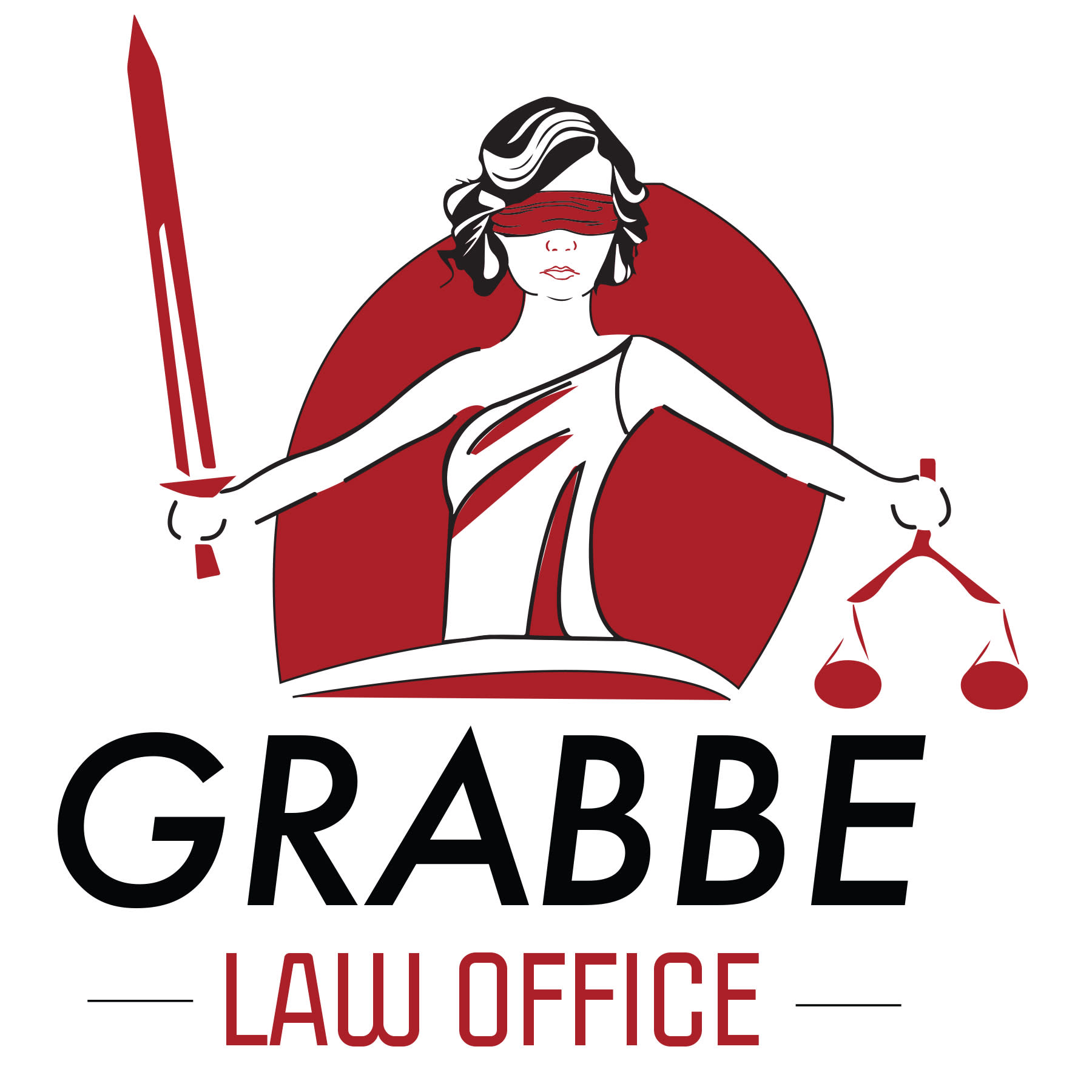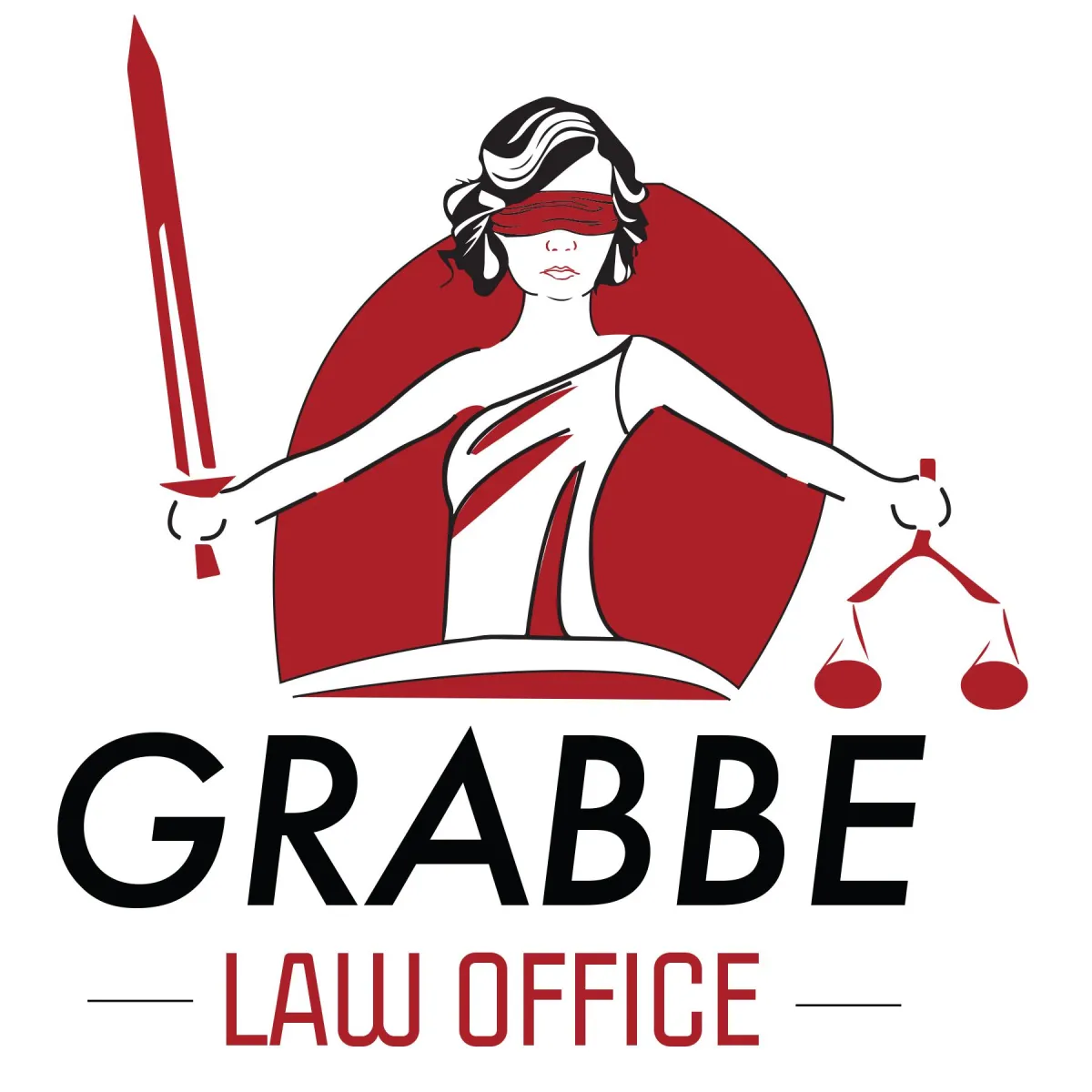Welcome to the Blog!

Advantages And Disadvantages Of Intellectual Property
Intellectual property (IP) rights are the legal rights granted to individuals or entities to protect the creations of mind and intellect. For any inventor or creator, the advantages of intellectual property protection are enormous. However, what many do not realize is that there are also some disadvantages of intellectual property to consider before seeking to protect ownership of IP rights at the state or federal level. Even though the pros of seeking intellectual property protection often do outweigh the cons, it is important to see the full picture. A trademark attorney with Grabbe Law Office may be able to explain the benefits and downsides of the IP protection process and provide you with tailored advice to help protect your IP rights. Book your free, 15-minute consultation today to get started.
What Is Intellectual Property?
Intellectual property is an umbrella term used to describe a variety of assets that are not physical in nature. In other words, intellectual property is something an individual creates or invents using their mind or intellect based on their original ideas. According to the United States Department of Commerce, intellectual property has been the driving force of progress in art, culture, and technology for hundreds of years. Intellectual property protections aim to prevent individuals and entities from using someone else's creations or inventions without permission. This aim is achieved primarily by providing legal mechanisms for creators and inventors to bring suit on the grounds of infringement, pursuing damages in court.
Intellectual property can take many forms, including:
● Trademarks. A trademark is a recognizable symbol, design, word, logo, or name that identifies a product or brand. A trademark distinguishes a brand’s product from that of other players within the market.
● Trade secrets. A trade secret is any confidential information that has commercial value and/or provides a business with a competitive edge. Common examples of trade secrets include formulas, customer lists, manufacturing processes, and others.
● Copyrights. The term “copyright” refers to the ownership rights to use and distribute certain works of creative expression, including all original works of authorship (literary works, musical works, dramatic works, etc.).
● Patents. Patents are exclusive rights granted for an invention to prevent others from making, using, distributing, selling, importing, or selling iterations of the patented device or process without the owner’s permission.
These are not the only types of intellectual property that can be protected by the law. However, before taking any steps to establish your IP rights, you might want to consult with an attorney. Grabbe Law Office may be able to help you navigate the process of legally protecting your intellectual property and explain the pros and cons of seeking IP protection in your particular situation.
The Advantages of Intellectual Property Protection
While the benefits of protecting your creations and inventions can be endless, the list below sums up some of the most prominent advantages of obtaining and maintaining intellectual property rights:
Peace of mind. By legally registering their intellectual property rights, the inventor or creator can be certain that they will be able to use and profit from their inventions or creations without someone else stealing their ideas.
Competitive edge. A company’s intellectual property is one of the few things that sets it apart from its competition. Protecting IP rights provides exclusivity over the business’s innovations and secures its position in the market.
Boosting business growth. When creation or invention is not protected, competitors are likely to use it and take away a market share. By protecting its IP rights, a business can retain its market share and generate more income.
Promoting innovations. Intellectual property protection plays a pivotal role in promoting innovation and creativity, which can attract new customers and help expand the market as a whole.
Customer loyalty. By making itself distinguishable from competitors, a company can increase customer loyalty and trust over time, improving its prospects for long-term success.
The list of advantages of intellectual property protection can go on and on. In conclusion, it is fair to say that a business is best positioned to reap the full benefits of its creations and inventions with adequate IP protection.
The Potential Negatives of Opting To Protect Intellectual Property
For most businesses, the benefits of protecting intellectual property will likely outweigh the potential drawbacks. However, it is still important to review the disadvantages of intellectual property protection to know what to expect.
Complicated process. Securing intellectual property protections can feel like a daunting and overwhelming task, especially for someone who lacks legal expertise. Those who need to register intellectual property rights internationally may face additional challenges. According to the International Trade Administration, the protections of IP rights registered in the United States do not extend to foreign countries. In the vast majority of cases, one may need to hire an attorney to complete the IP protection process properly and efficiently.
Expenses. Protecting intellectual property usually involves two main types of expenses: the cost of obtaining protection and the cost of maintaining it. The fee to register your intellectual property to be granted ownership rights depends on what you are registering. In addition, as mentioned above, it may become advisable to hire an attorney to guide you through the process, which will result in an extra cost.
Time. For many business owners, time is their most valuable asset. Obtaining intellectual property protection is an arduous process full of paperwork, formalities, and legal nuances, all of which require time. However, seeking legal counsel can overcome this drawback since your attorney will take care of obtaining and maintaining protection so you can focus on building and growing your business.
If you are not sure whether you can benefit from IP protection, you might want to consider speaking with an attorney who can evaluate and advise you with respect to relevant legal issues and the potential implications of protecting your intellectual property rights.
Protect Your Intellectual Property Rights With Grabbe Law Office
If you have created or invented something unique and you do not want others to make a profit off it without your authorization, you might want to take all the necessary steps to obtain legal protections over your work and control how it is used. You can protect your intellectual property rights by registering them with the appropriate agency. If you need to register a trademark, you must file an application with the United States Patent and Trademark Office (USPTO) and pay the required fees. Grabbe Law Office regularly assists Kansas businesses in navigating the complex legal procedures to ensure that their intellectual property rights are protected by law. An experienced IP attorney can often help an entrepreneur to reap the advantages of intellectual property protection while also helping them minimize the potential pitfalls and disadvantages of intellectual property. Get started today by scheduling your free, 15-minute consultation.








